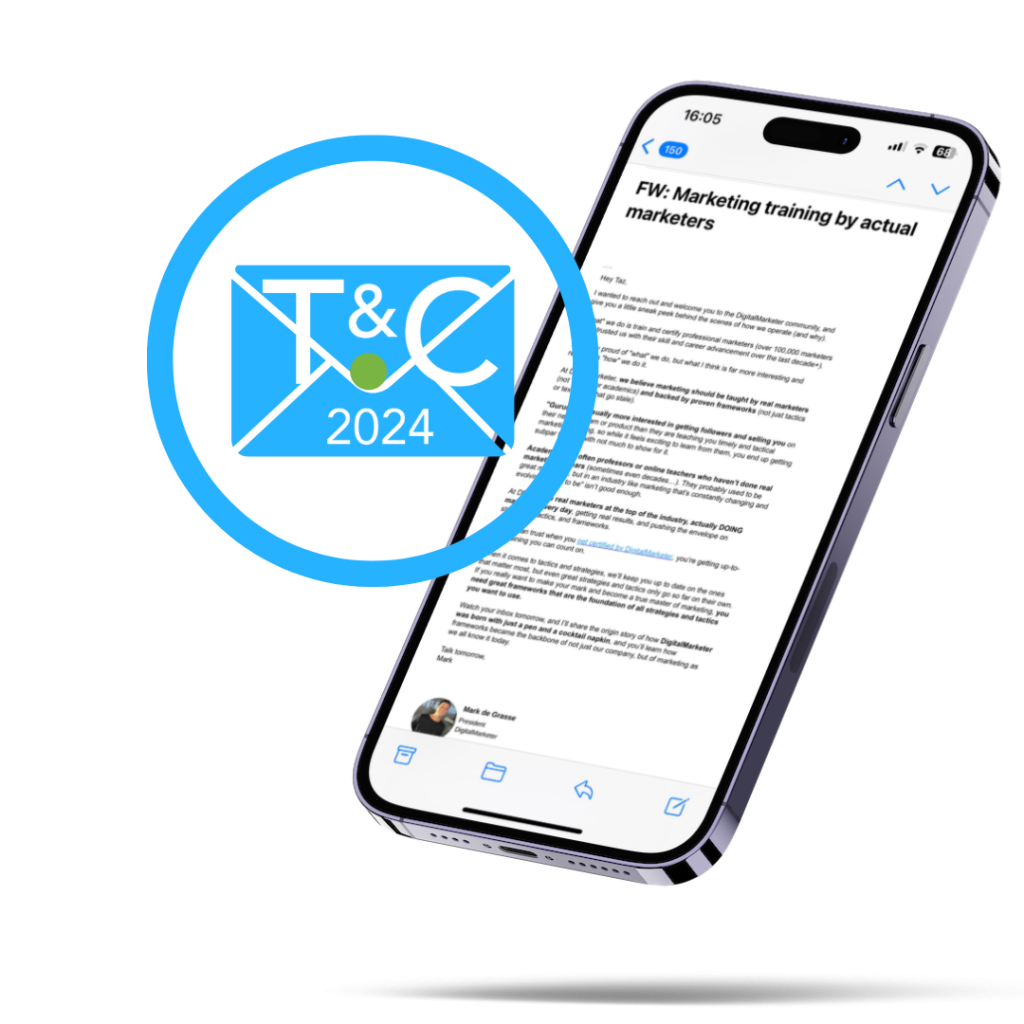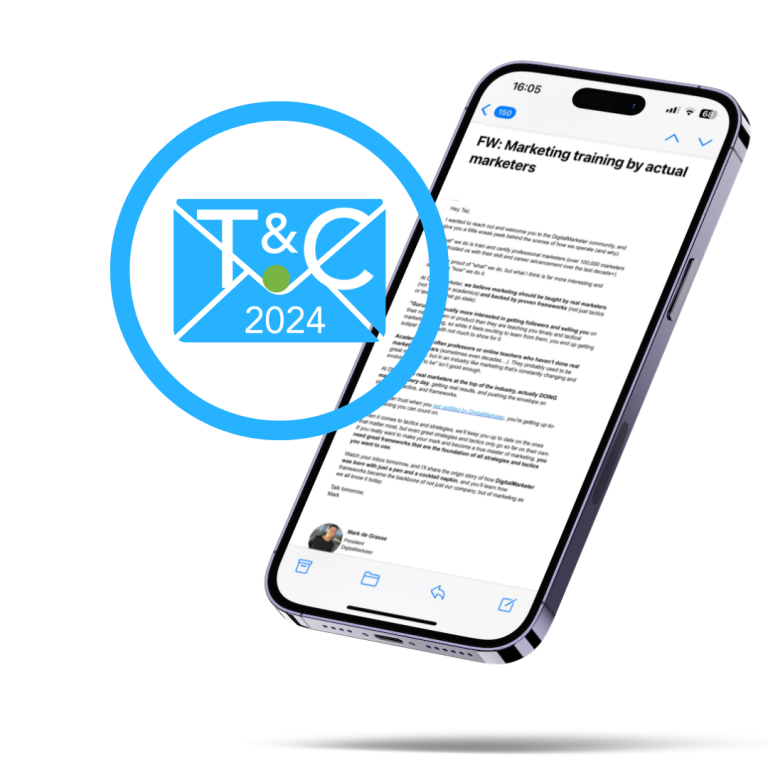If you had to make a list of some of the most powerful weapons utilized by any YouTube Channel manager, keyword research would undoubtedly be right at the top.
If marketing is all about getting the right message in front of the right person at exactly the right time, a strategic approach to keyword research allows you to accomplish exactly that. Not only does it give you insight into exactly what your audience wants to see, but also the language they’re using to search for it – thus increasing the chances that you’re getting your content in front of the right sets of eyes in the first place.
Overall, by knowing exactly the right keywords to target AND the steps needed to leverage them, you can launch a successful channel from day one – or breathe new life into a channel that has maybe seen better days.
As a Chief YouTube Strategist for Channel Fuel, Tom Martin has his own unique keyword research and metadata system that he’s used to great effect over the years. He’s used these techniques of his own creation to gain not only millions of subscribers, but literally billions of views for the companies that he has worked for over the years. But the best news of all is that this is a “best kept secret” for YouTube industry professionals no longer. It’s an approach that anyone looking to grow their YouTube channels (or those of their clients) can use, and it’s actually a lot more straightforward than you might expect.
Breaking Down the Research
One of the biggest components of Tom’s keyword research system actually has to do with something of a misunderstanding that a lot of people have about how YouTube works in the first place. It’s very easy to do a quick search for relevant keywords in your industry and determine “I’m going to put X, Y, and Z keywords into the tags of this single video and call it a day.”
That may be exactly how things worked a decade ago, but in the years since it’s all gotten a fair bit more complicated.
YouTube (and for that matter, search engines like Google) are smarter than they’ve ever been and they understand the context surrounding content a lot better than they used to as well. This means that you have to be even more specific and strategic with your keywords if you’re going to put your best foot forward.
Leverage a Blue Ocean Strategy
At the same time, there’s more competition online than ever before – meaning that there are more videos out there with similar metadata that you’ll need to differentiate yourself from. Therefore, Tom finds it important to go above and beyond just trying to rank highly with an individual video. He’s used a variety of keyword tools over the years to identify precise search volumes for particular terms, which he then uses to make better and more informed decisions moving forward.
In particular, Tom always looks for those keywords that are getting A) high search volumes, and B) with low competition. This means that for a given term, there are lots of people searching for it in a given month, but nobody is really creating the type of content to fill that space. Either that, or the videos are being made but those organizations are not optimizing their videos for the right keywords so their visibility is lacking.
Either way, it’s an incredible opportunity for savvy business owners to take advantage of in the right circumstances.
Why You Can’t Lose
Now, there are certainly people out there who say that this level of optimization, both in the context of individual videos and with regards to your entire channel, isn’t really that important given the fast-paced nature of the world we’re currently living in. Tom has his own reasons to believe why that may be the case, as YouTube has a vested interest in trying to downplay the types of things that help people reverse engineer exactly how the platform works behind the scenes.
But if nothing else, this type of keyword research is a great way to understand your audience better in a way that generates an enormous number of potential content ideas. A big part of success on a platform like YouTube involves generating as much high value, relevant, and informative content as consistently and as often as you can. We could all use a little help getting to that point every once in awhile, and keyword research can be a major benefit to that end.
If you come out with a list of 200 videos to create that you know your audience is searching for on a regular basis, that’s a much better situation than if you were just trying to use gut instinct or intuition to guess about the types of topics that people might be interested in. So even if the optimization doesn’t actually matter as much from a literal perspective, you’re still creating more informative content for the people you’re trying to serve – which may very well end up being the most important benefit of all.
Keyword Research Today for Success Tomorrow
All told, YouTube is an incredible opportunity for marketers because it’s such an ever-green platform. You’re spending money to create content now, and it’s going to continue to be around and serve its purpose for five to 10 years or longer. This is as opposed to creating something for a dedicated social media site like Instagram, which may have that immediate impact you want but that will essentially disappear within 48 hours.
This, in essence, is why keyword research on YouTube is so important and why it can create something of an unfair advantage against your competitors. If you put in the work now, those videos will continue to be visible (and generate leads and revenue) for years to come. That is a very exciting position to be in, regardless of the type of business you’re running.






